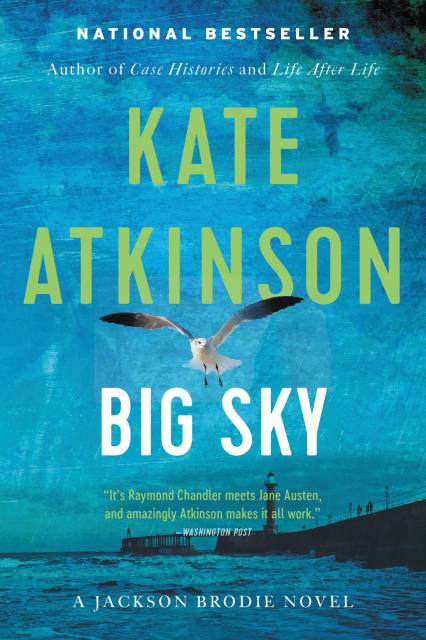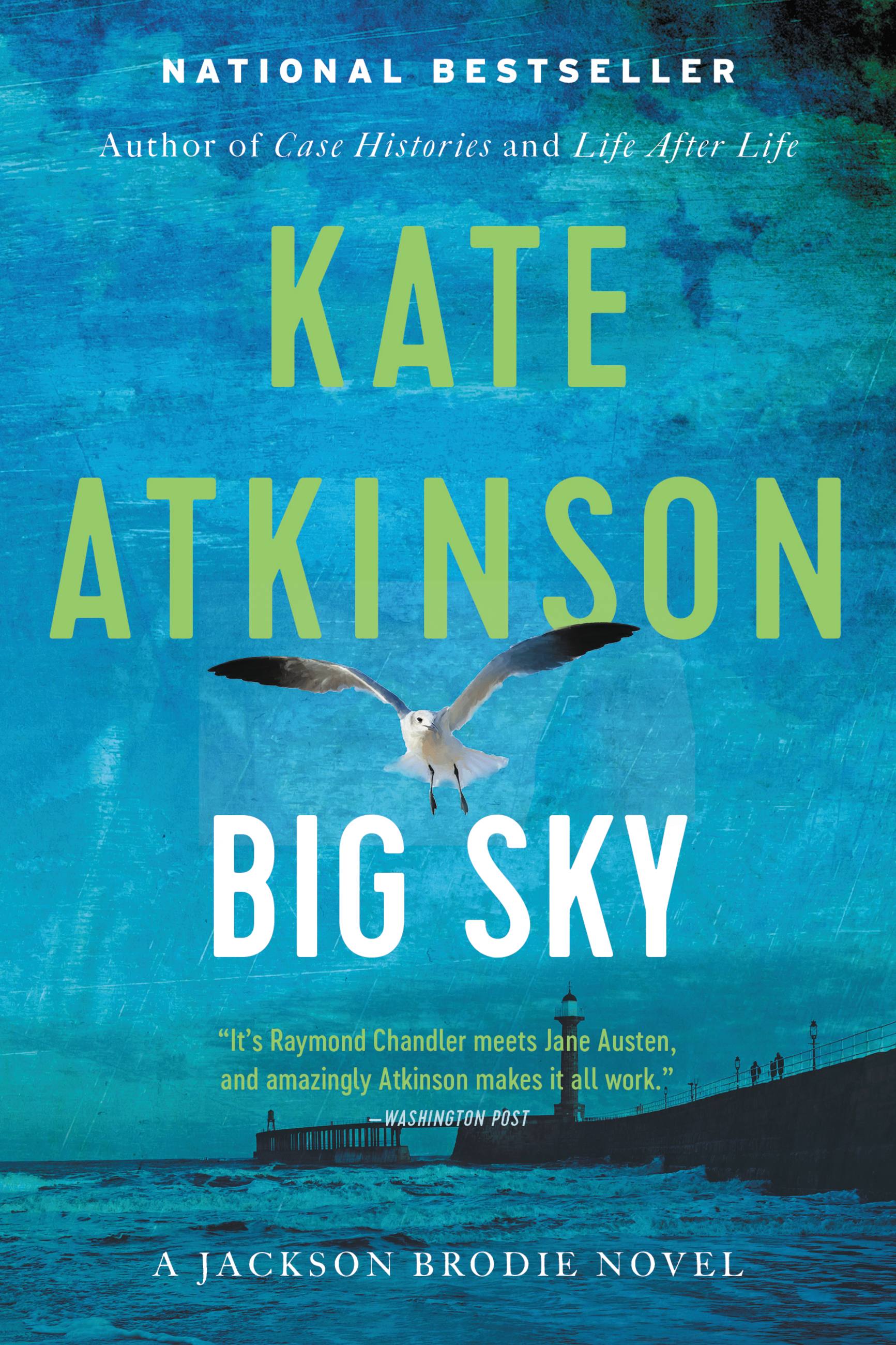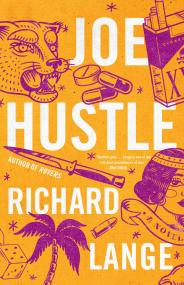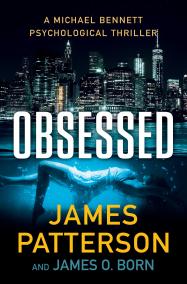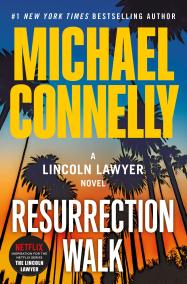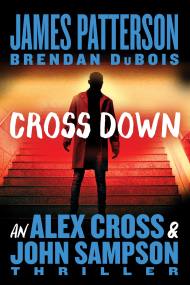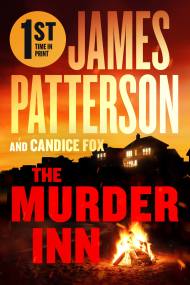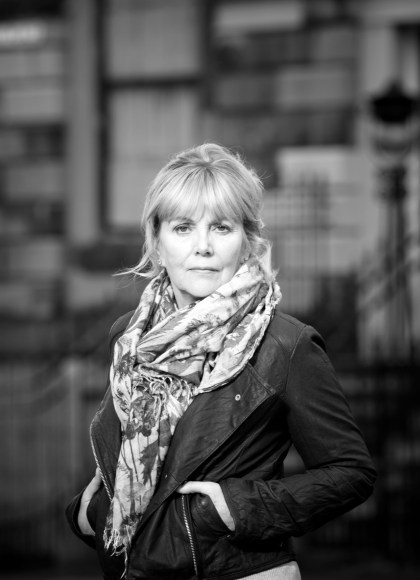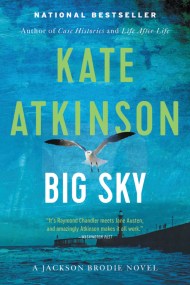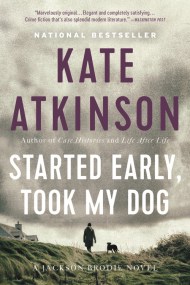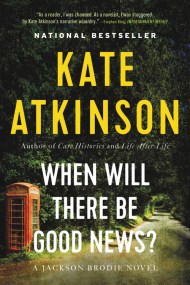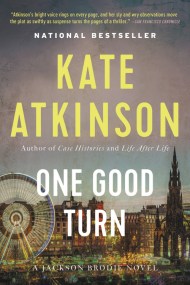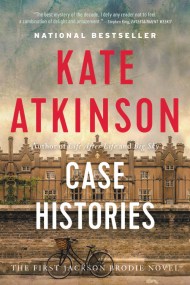Big Sky
Contributors
Formats and Prices
Price
$14.99Format
Format:
- ebook $14.99
- Audiobook Download (Unabridged)
- Trade Paperback $17.99
This item is a preorder. Your payment method will be charged immediately, and the product is expected to ship on or around June 25, 2019. This date is subject to change due to shipping delays beyond our control.
Also available from:
Iconoclastic detective Jackson Brodie returns in a triumphant new novel about secrets, sex, and lies.
Jackson Brodie has relocated to a quiet seaside village, in the occasional company of his recalcitrant teenage son and an aging Labrador, both at the discretion of his ex-partner Julia. It’s picturesque, but there’s something darker lurking behind the scenes.
Jackson’s current job, gathering proof of an unfaithful husband for his suspicious wife, is fairly standard-issue, but a chance encounter with a desperate man on a crumbling cliff leads him into a sinister network — and back across the path of his old friend Reggie. Old secrets and new lies intersect in this breathtaking novel by one of the most dazzling and surprising writers at work today.
“Thank goodness the long Jackson Brodie hiatus is over.” –Janet Maslin, New York Times
Genre:
Series:
- On Sale
- Jun 25, 2019
- Page Count
- 400 pages
- Publisher
- Little, Brown and Company
- ISBN-13
- 9780316523103
By clicking 'Sign Up,' I acknowledge that I have read and agree to Hachette Book Group’s Privacy Policy and Terms of Use
